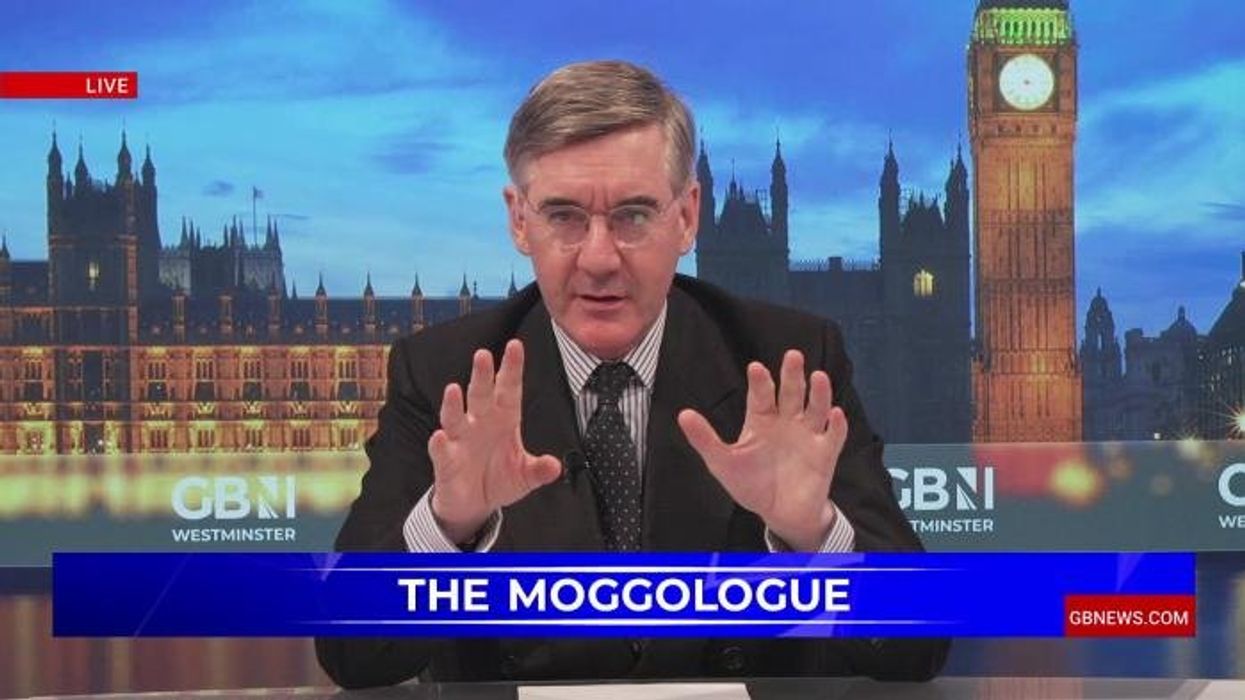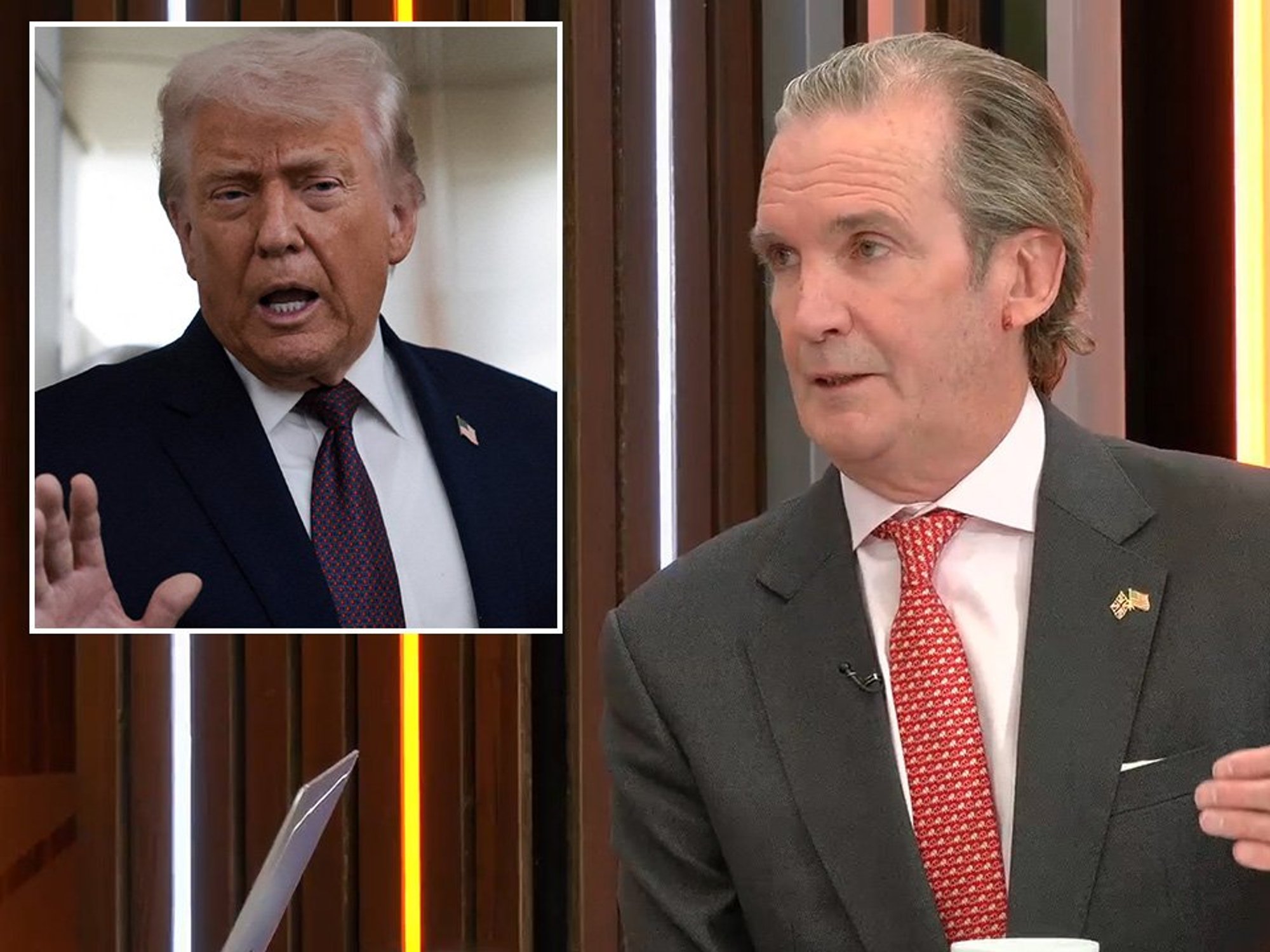Labour now see Reform’s tanks parked on their lawn. Too bad they ignored the 30-year advance - Paul Embery
You cannot violate so flagrantly the things that matter to people and expect no blowback, writes trade unionist Paul Embery
Don't Miss
Most Read
Trending on GB News
I have attended several Labour Party annual conferences in my time. The few days that delegates and activists from all over the country spend together at a party conference are usually a good barometer of the degree to which the organisation is in tune with the wider public.
I have witnessed Labour conference at its most delusional, such as in 2018 when it adopted its suicidal second EU referendum policy, believing – absurdly – that it would help propel the party to power at the next election.
I think I was one of the few people in the hall who realised that we had, in fact, just handed P45s to a whole clutch of our MPs in the north and Midlands.
But in Liverpool this week, there was no delusion – just troubled realisation. Labour knows it is out of step with the very people it was created to represent and is heading for an electoral hiding.
The spectre of Nigel Farage haunted the conference, his name a constant feature of conversations and debate. Labour officials and activists know full well that Reform UK has parked its tanks firmly on their lawn.
In the 98 seats in which Reform came second at the last election, 89 were won by Labour, and 60 of those were in the north of England.
And with Labour now struggling badly in the polls while Reform surges, there is a growing acknowledgement that something drastic must happen if Farage is to be prevented from securing the keys to Downing Street.
As a Labour member who supported Brexit, believes in strong borders, is sceptical of state-sponsored multiculturalism and opposes the woke dogma, I have occasionally felt about as welcome as a hedgehog in a nudist colony at party conferences.
And the Blue Labour pressure group of which I have long been a supporter, and which stands for what some describe as the “faith, family and flag” agenda, has similarly been regarded as beyond the pale, seen by many in the party as “reactionary” and “hateful”.
But things are changing. Neither I nor Blue Labour are quite the pariah we once were. Instead, some have begun to recognise that we called it right over many years – foreseeing the rupture with the working class caused by the party’s embrace of radical progressive ideology – and are now, perhaps, worth listening to.
 Labour now see Reform’s tanks parked on their lawn. Too bad they ignored the 30-year advance - Paul Embery |
Labour now see Reform’s tanks parked on their lawn. Too bad they ignored the 30-year advance - Paul Embery | Getty Images
On Sunday, three MPs spoke on a Blue Labour panel. This was remarkable, for there was a time when no MP, save the odd hardy soul, would wish to be associated with the group in any way.
It was standing room only at the event, with many young members in attendance. And on Tuesday, I interviewed Blue Labour founder Maurice Glasman at a fringe meeting.
After the discussion, we opened the meeting to the floor for questions and contributions. There wasn’t a single critical comment.
Blue Labour and Glasman are currently the talk of the town. And rightly so. Because if the party is to stand any chance at all of holding on to power next time around, it will do so only by adopting a Blue Labour programme – or something closely resembling it.
That means delivering economic justice, for sure, but also understanding the patriotic and small ‘c’ conservative impulses of working-class people in the provincial parts of our country – what you might call Britain beyond the M25.
Securing growth and raising living standards, not least through reinvigorating our long-neglected domestic industrial base – but also championing national sovereignty, resisting the excesses of capitalism, reducing immigration sharply, and recognising the desire of millions of voters for belonging and cultural attachment.
Gone are the days when a Labour leader – indeed, any major party leader – could stand before his or her annual conference and tell delegates, as Tony Blair did famously in 2005, that to even debate globalisation would be as absurd as debating “whether autumn should follow summer”.
Globalisation was not only irresistible but “replete with opportunities”, argued Blair. Well, guess what. Over the years that followed, those opportunities passed millions by.
For these people, the new global market meant only grinding deindustrialisation, acute demographic change and rapid cultural transformation.
Unsurprisingly, they didn’t much like any of it. Because, in the end, you cannot violate so flagrantly the things that matter to people and expect no blowback.
The gospel which the Labour Party has been preaching for the past three decades has little resonance across today’s Britain, particularly those parts of it beyond our fashionable cities and university towns.
Globalisation and radical progressivism may have brought financial and spiritual enrichment to a lucky few – but they have failed the masses. That’s a truth that parts of the party are finally beginning to acknowledge.
But understanding it is one thing. Doing something about it is the tricky bit. Whether the Labour Party has the courage to enact the radical change necessary to win back millions of lost working-class voters remains to be seen. I am sceptical. After all, old habits – and prejudices – die hard.
Our Standards: The GB News Editorial Charter
More From GB News











